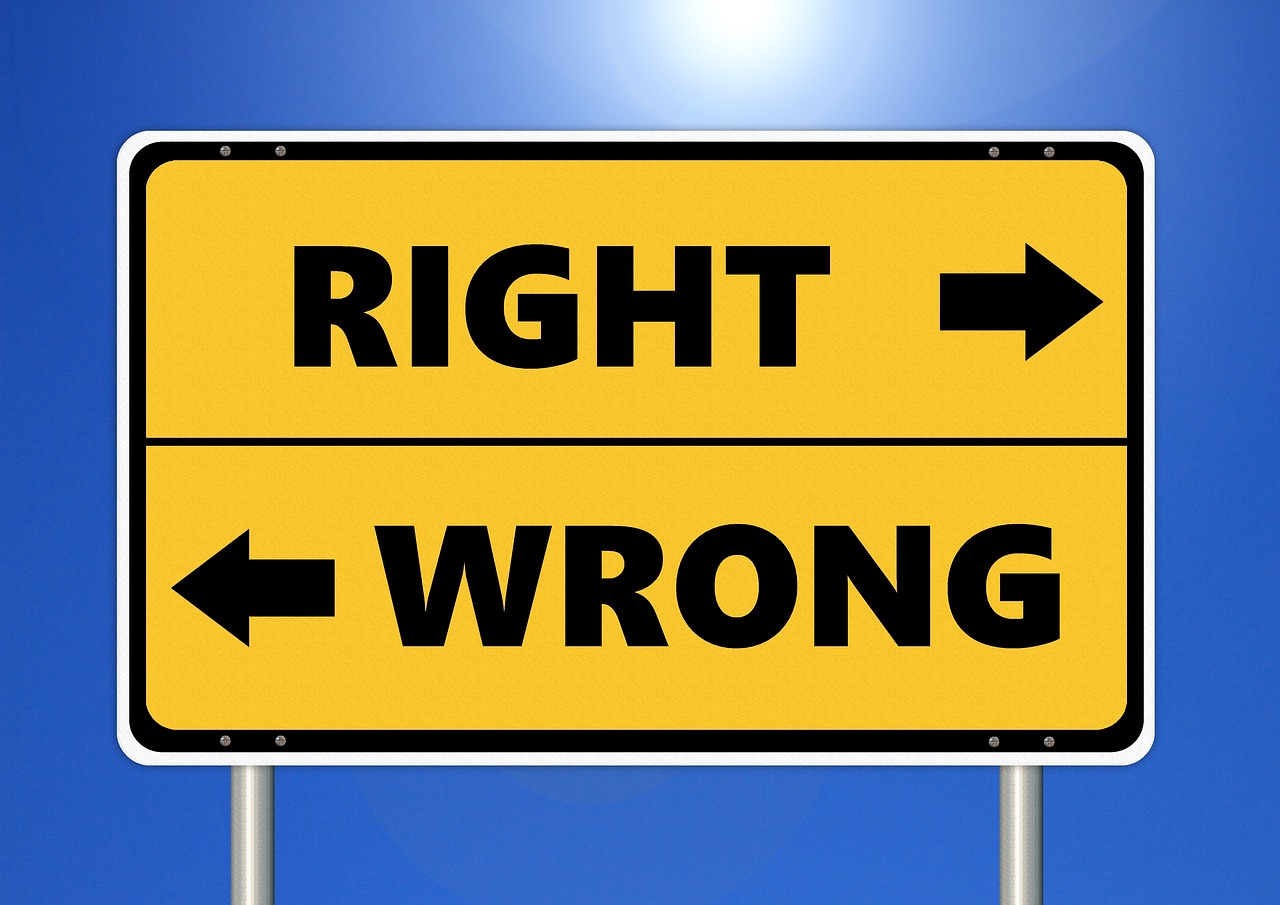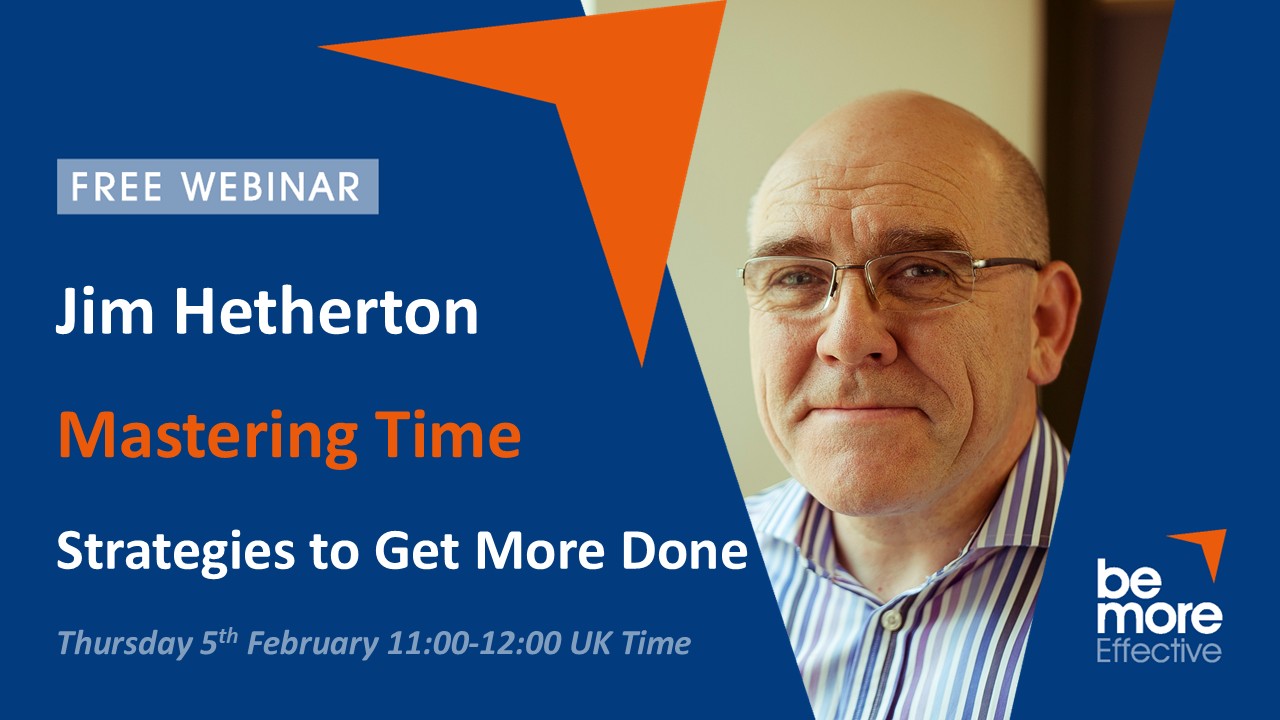Why the Customer is Always Wrong

With apologies to Abraham Lincoln, “you can please some of your customers all of the time, and all of your customers some of the time; but you can’t please all of your customers all of the time.”
So the question then is this: Why do you try? Why do you pretend that you can please everyone all of the time?
The customer is always right, right?
Whatever the customer wants from you, you do – whatever it is that you have to in order to deliver, you bend over backwards to do it. You promise the stars and then later hope that the moon will be enough.
Is this really how you want to run your business? Is that what it means to be an entrepreneur – to jump through more hoops than your nearest rivals?
How would your approach to business change if you didn’t feel that way? What would you do differently if you believed deep in your heart that you were the piper? How would your strategy change? What products or services would you offer?
The marketing textbooks will tell you that you have to test the market to see if what you have to offer is something that people will buy. There is some truth to that; however if you wait for the results, you may find that a competitor has come along, thrown caution to the wind, and acted as if it was true. This is why Bill Gates left Harvard. He could see that desktop computers were just around the corner and that if he waited any longer, he would miss the opportunity to be part of that technological revolution.
Where does this idea that the customer is always right come from?
At least in part, it must be the result of something like desperation. A company begins to lose market share, or the sole trader finds that his current customers are opting for cheaper alternatives, and so he or she changes the firm’s business model so that the existing customers can be retained.
What if you took the opposite approach? What if you said in effect, “This is what I have to sell? My customers are those who need this” – and then you spelled out what it was.
When you use that approach, you’re assuming that some of your customers will be wrong.
What customers want could be flawed
Around 2015, the great-grandson of Henry Ford, William Clay Ford intimated this quote from his relative and founder of the automobile manufacturer he named after himself. “If I had asked my customers what they wanted, they would have said a faster horse.”
Counter-factualists like to ask “what if” questions. What if Henry Ford decided to import Arabian stallions and build more stables? What if he had brought over a group of English jockeys to teach his customers how to make their horses go faster? What if he had scoured the earth to find the perfect combination of food for those horses to eat? What would have happened? Given the extent to which we now rely on automobiles, he probably would have fallen into obscurity. Instead, he founded a company which today is in the top ten of the Fortune 500 – not bad going for someone who believed that his customers were wrong.
- Where are your customers wrong?
- What do you know about your industry that they don’t know?
- What are you sure they’ll be clamouring for, but don’t know that they’ll need?
It will take the courage of conviction to lose some customers, maybe some big ones, in order to take your organisation where you think it should go. The next time you start to think that your customers are always right, then start asking the questions of a counter-factualist.
What if..?
To discuss the above contact us here
For more information please send a message via the Contact Us Page. Or you can register for an upcoming webinar.


